Today, the 35-year-old CEO and co-founder of venture-backed unicorn coffee firm Kopi Kenangan still enjoys his daily cup of coffee, but he has increased it to three or more cups each day for "product testing" objectives.
What began as a modest Indonesian coffee stand in 2017 has grown into an international coffee business worth over $1 billion, with over 800 sites around Southeast Asia.
According to papers submitted to Industrialist Finance, the company had sales of more than $100 million in 2023.
Related : The 10 Most Reliable Ways to Fund a Startup
Kopi Kenangan grew from a tiny Indonesian coffee stall to a venture-backed unicorn coffee firm in just seven years.
Tirtanata grew up in Indonesia's capital, Jakarta.
But he traveled to the United States in 2007 to begin college at Northeastern University in Boston, where he studied finance and accounting.
While he never enjoyed academics, he possessed the entrepreneurial spirit from the outset.
"When I was a kid, I was definitely naughty—I didn't really study much," he told CNBC Make It. "But whenever there is an opportunity to make money or do businesses, I always [got] excited."
"It's not about the money—it's about the enjoyment of doing it. "It is something that has really excited me until today," he remarked.
Related : Value Statement: Why Your Business Needs It for Success
Tirtanata learned a vital business lesson while still in school: "Buy low, sell high." He learnt how to profitably sell Pokémon cards and gaming bots to his school pals. It felt nearly instinctive to him.
Tirtanata was inspired by his parents, who were also entrepreneurs, and has always relished the hustle of forging his own path in the world.
During his first year at university, he received a disastrous call from his mother, who revealed that his father's business had suffered significant financial problems.
Following that contact, Tirtanata chose to complete his five-year program in three years.
He promptly returned to his native Indonesia and became his father's business partner.
"Back then, my days were filled with a lot of stress and uncertainty — but I think this is one of those moments that made me a better entrepreneur," according to Tirtanata. Despite his financial struggles with his family, Tirtanata pursued his own commercial route.
Starting a business
Tirtanata previously founded a tea store franchise named Lewis & Carroll in 2015, with sites around Indonesia. By the time he opened his fifth store, he realized that the tea business was not as profitable as he had anticipated.
Tirtanata and his long-time friend James Prananto found the issue one day while having a casual conversation at his tea shop: many of Indonesia's major coffee and tea brands were prohibitively pricey for the local population.
According to the Starbucks Tall Latte Index, a Starbucks tall latte costs about 2% of the median daily income in the United States, but more than 30% of the median daily income in Indonesia.
The idea for Kopi Kenangan was born.
Related : 3 CEO-Level Mindsets That Create Freedom and Financial Independence
Tirtanata and Prananto put together $15,000 to open their first grab-and-go location in Jakarta, Indonesia, in 2017. This concept allowed them to avoid the expenditures of renting and creating a sit-down café space, instead investing the money in high-quality food.
"Instead of focusing on the sofa, or fast Wi-Fi, we're going to focus on a good, high quality cup of coffee," Tirtanata told me.
This choice enabled Kopi Kenangan to expand to over 200 outlets and 10 cities during its first two years of operation.
Kopi Kenangan's Secret Formula
It is no secret that the coffee industry is oversaturated, particularly in major metropolitan regions.
When asked what distinguishes Kopi Kenangan from its competitors, Tirtanata cited three significant factors: the company's grab-and-go strategy, its technological capabilities, and its hyperlocal approach.
"So while Starbucks and other global coffee chains really prioritize consistency, I realized that people have different tastes and preferences," according to him.
"This is where we really shaped our strategy for our global expansion — we want to make sure that the sweetness and robustness of the coffee really suits the market that we are operating in, using a data-driven approach," she told me.
Using a data-driven hyperlocal approach, a Kopi Kenangan latte in Singapore will taste different than one in Indonesia.
During Covid, Tirtanata and Prananto strengthened their efforts to incorporate technology into their business. During the pandemic, Kopi Kenangan's store count surged more than triple.'
 (2) (2).png)

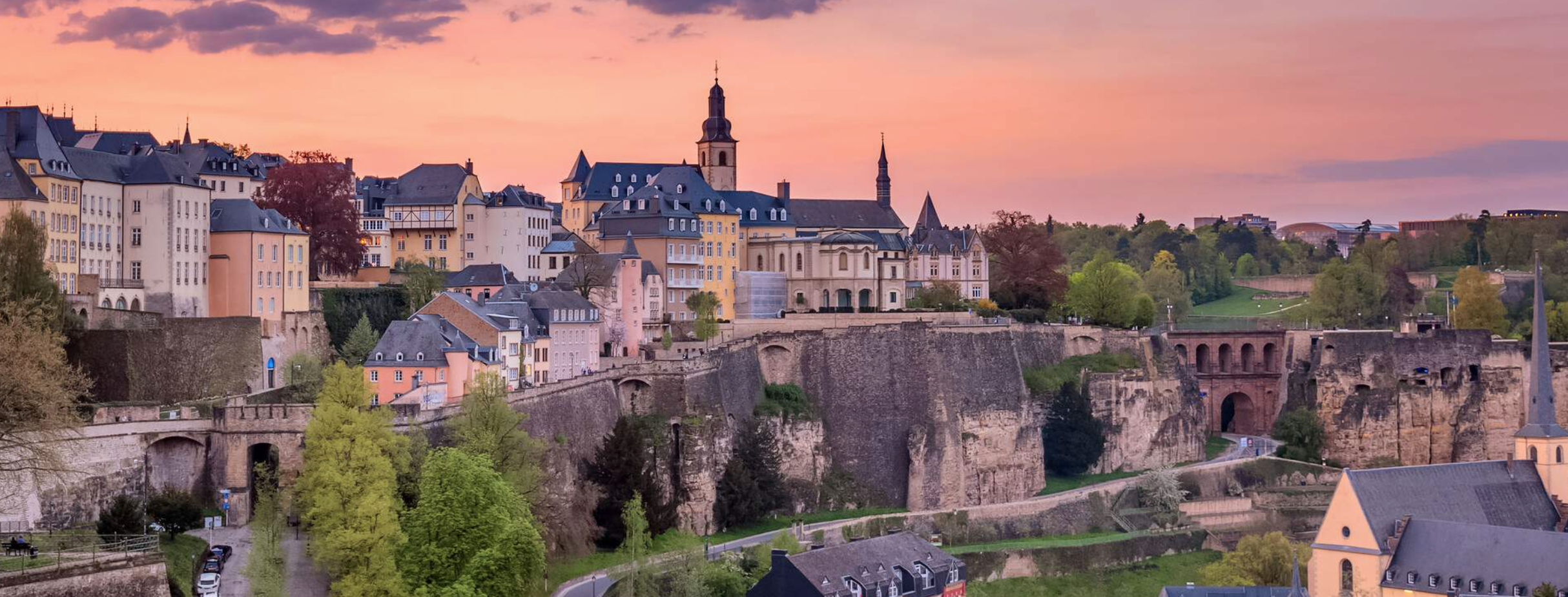
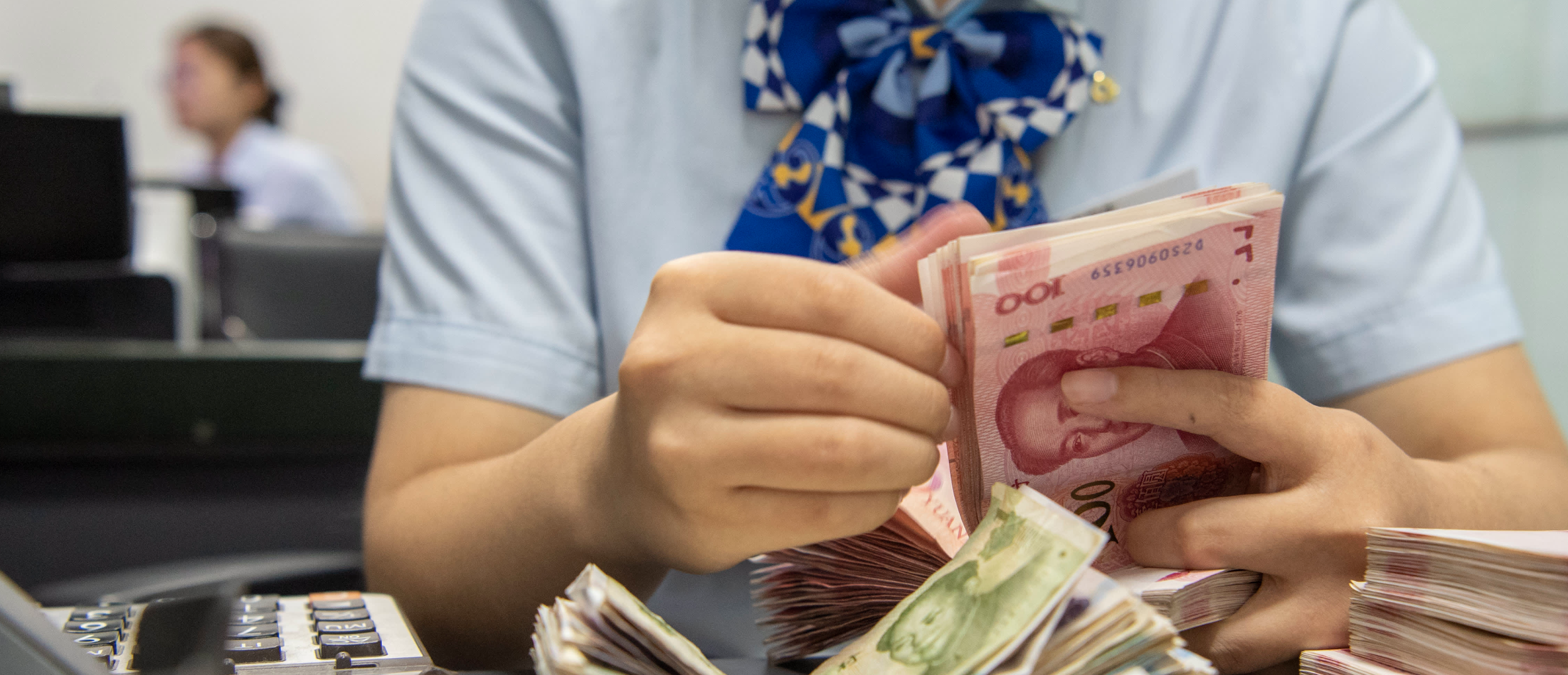
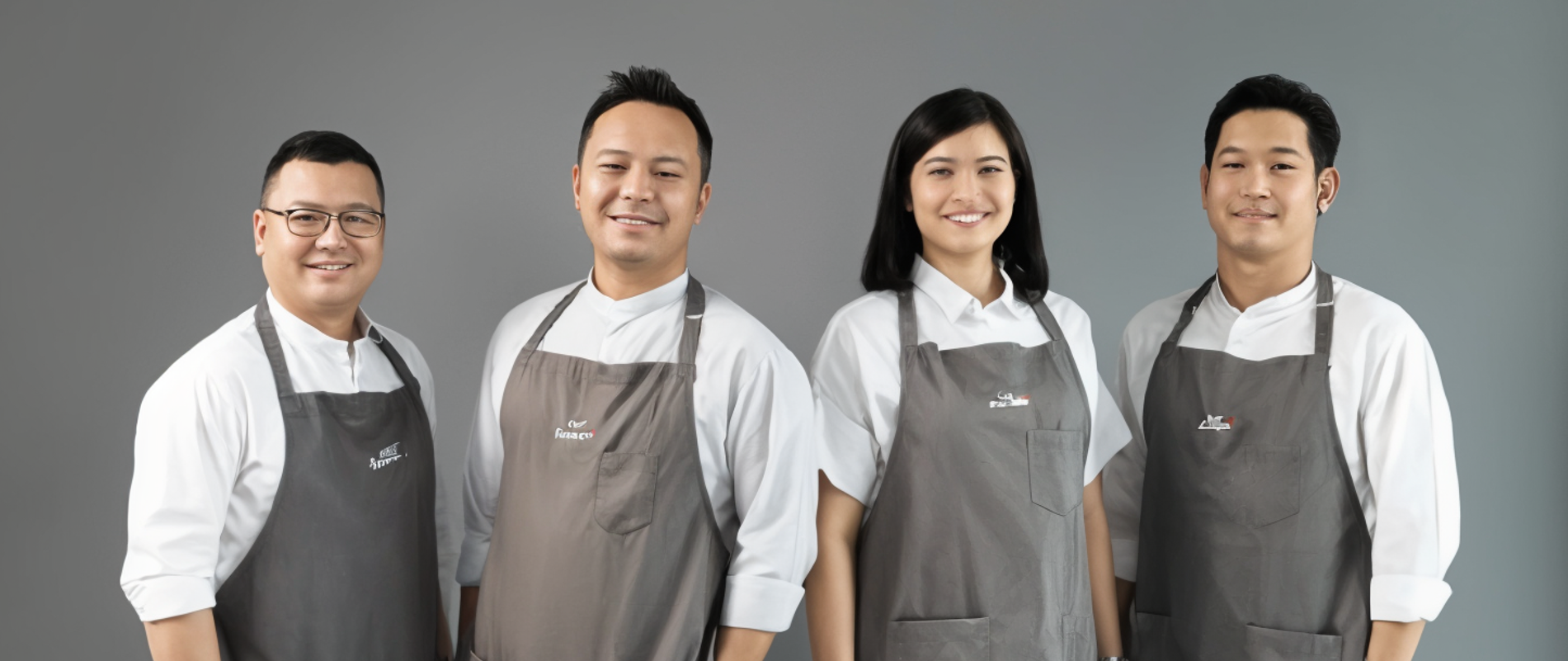
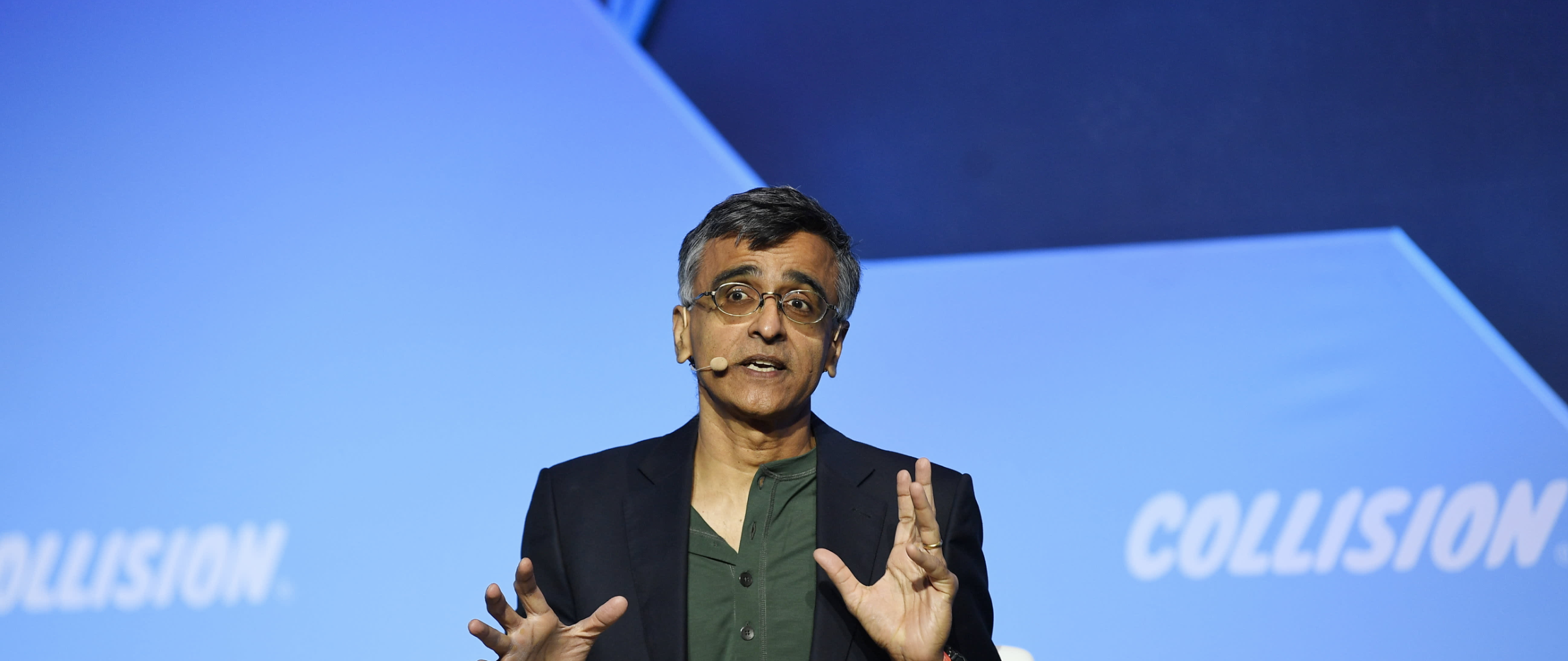
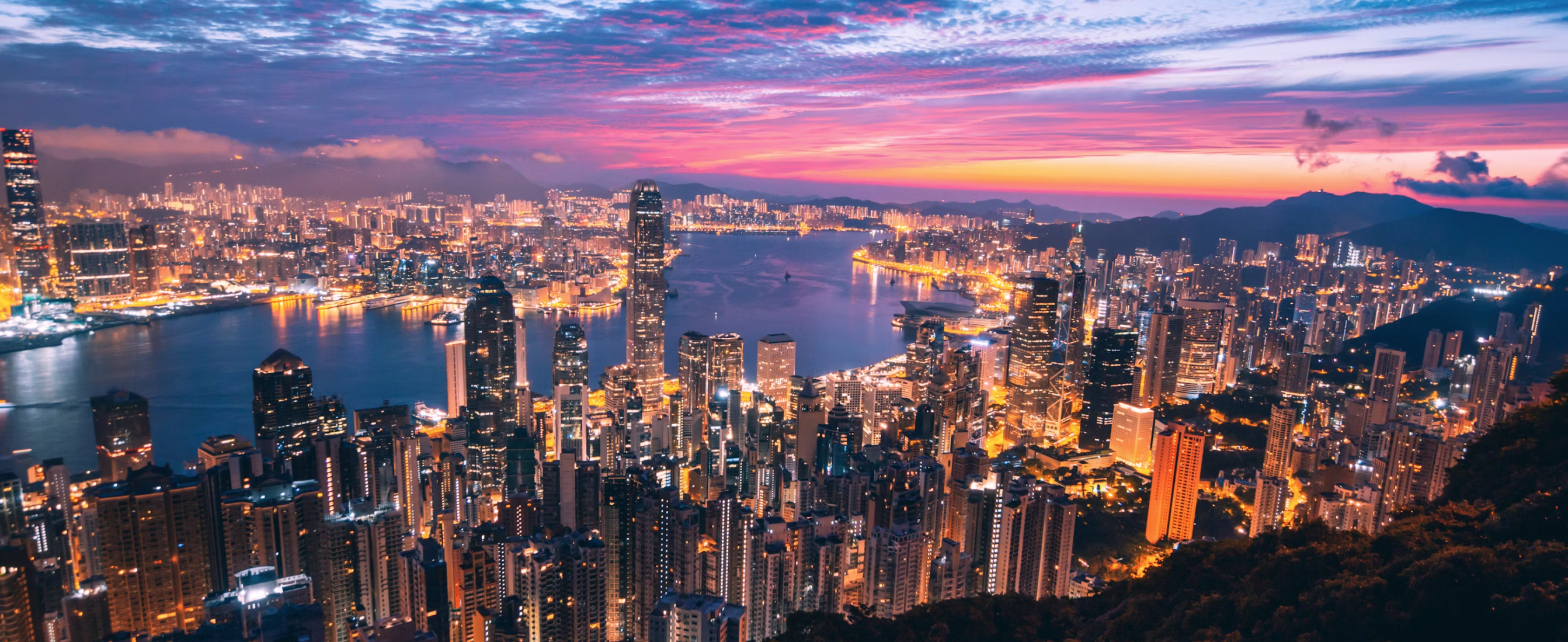

 English (US) ·
English (US) ·